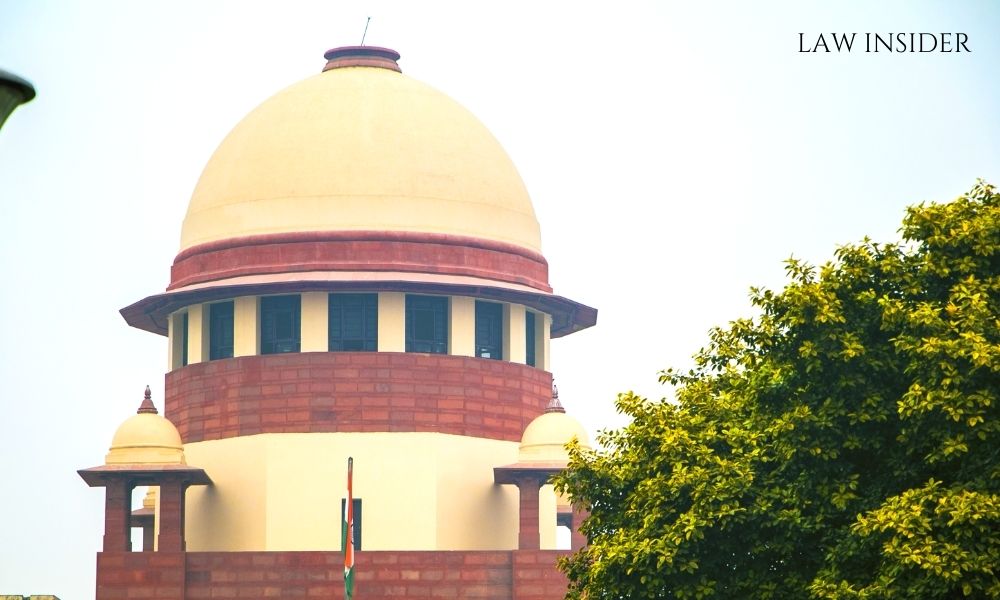LI Network
Published on: February 20, 2024 at 12:30 IST
The Supreme Court emphasized the need for “heightened caution” by the police when handling disputes involving unethical transactions between parties, particularly when civil remedies are unavailable.
The Court, led by Justices Vikram Nath and Satish Chandra Sharma, directed police to ensure that parties are not exploiting criminal law remedies for unscrupulous gains when civil remedies are not an option.
Setting aside a High Court decision that refused to quash criminal proceedings against the accused, the bench urged police vigilance in cases where the complainant and accused display unscrupulous conduct, overshadowing the pursuit of justice.
“As parting suggestions, it becomes imperative to state that the police should exercise heightened caution when drawn into a dispute pertaining to such unethical transactions between private parties which appear to be prima facie contentious in light of previous inquiries or investigations.
The need for vigilance on the part of the police is paramount, and a discerning eye should be cast upon cases where unscrupulous conduct appears to eclipse the pursuit of justice.”, the Judgment authored by Justice Vikram Nath observed.
The Court also expressed concern that valuable police resources are being diverted to frivolous disputes.
“The valuable time of the police is consumed in investigating disputes that seem more suited for civil resolution. This underscores the need for a judicious allocation of law enforcement resources, emphasizing the importance of channelling their efforts towards matters of greater societal consequence,” the Court observed.
The case involved an FIR registered against the appellant for allegedly failing to secure a government job for the complainant despite taking money for the promise of such employment.
Background
In this case, an enquiry report by the Station House Officer (SHO) based on a complaint by the appellant against respondent no.6 revealed accusations between them of extracting money to secure jobs for their relatives. Both parties claimed false complaints were being made against each other.
Notably, when the SHO asked for relevant documents, call records, and recorded conversations, neither party provided the material. Consequently, the SHO recommended closing the complaint.
The FIR was filed against the appellant based on the enquiry report, and the High Court refused to quash it.
Arguments
The appellant argued that the FIR was a counterblast, maliciously lodged to prevent him from recovering the money paid to respondent no.6. The appellant also pointed out that the FIR alleged transactions from April 2019, yet it was filed in July 2022, more than three years later, making it eligible for dismissal due to delay.
On the contrary, the State and respondent no.6 argued that the High Court rightly dismissed the petition, as the appellant could challenge the charge sheet and claim discharge during the framing of charges.
Observation
After reviewing the evidence and party submissions, the Court noted that the contract between the appellant and respondent no.6 for securing a job in the government or private sector was unlawful. The Court emphasized that a suit for recovery could not be filed for such a purpose, especially when the payment was entirely in cash.
“A reading of the entire material on record clearly reflects that it was totally an unlawful contract between the parties where money was being paid for securing a job in the government department(s) or private sector. Apparently, a suit for recovery could not have been filed for the said purpose and even if it could be filed, it could be difficult to establish the same where the payment was entirely in cash.”
“Therefore, the respondent no.6 found out a better medium to recover the said amount by building pressure on the appellant and his brother by lodging the FIR. Under the threat of criminal prosecution, maybe the appellant would have tried to sort out and settle the dispute by shelving out some money.”, the Supreme Court added.
The Court asserted that the claim submitted by the parties requires closer scrutiny when there is suspicion over the veracity of the claims.
“In conclusion, certain key observations from the factual matrix warrant a closer reflection. Prima facie, the conduct exhibited by the parties involved appears tainted with suspicion, casting a shadow over the veracity of their claims. The report from the previous inquiry reflects a convoluted landscape and unveils a trail of unethical, maybe even criminal, behaviour from both parties.
The unexplained inordinate delay in bringing these allegations to the police’s attention despite knowledge of previous inquiry, raises even more doubts and adds a layer of scepticism to the authenticity of the claims. The facts stated, as well as the prior inquiry, reveal a shared culpability between the parties, indicative of a complex web.

